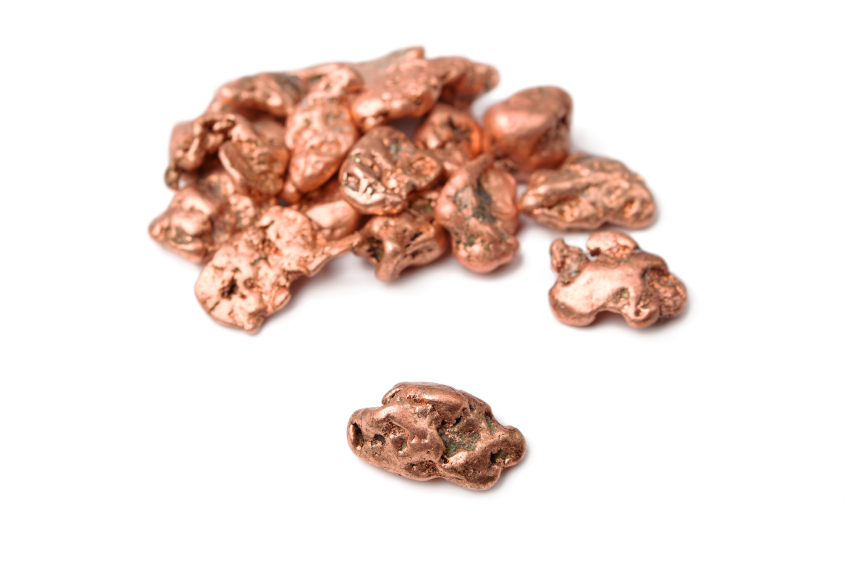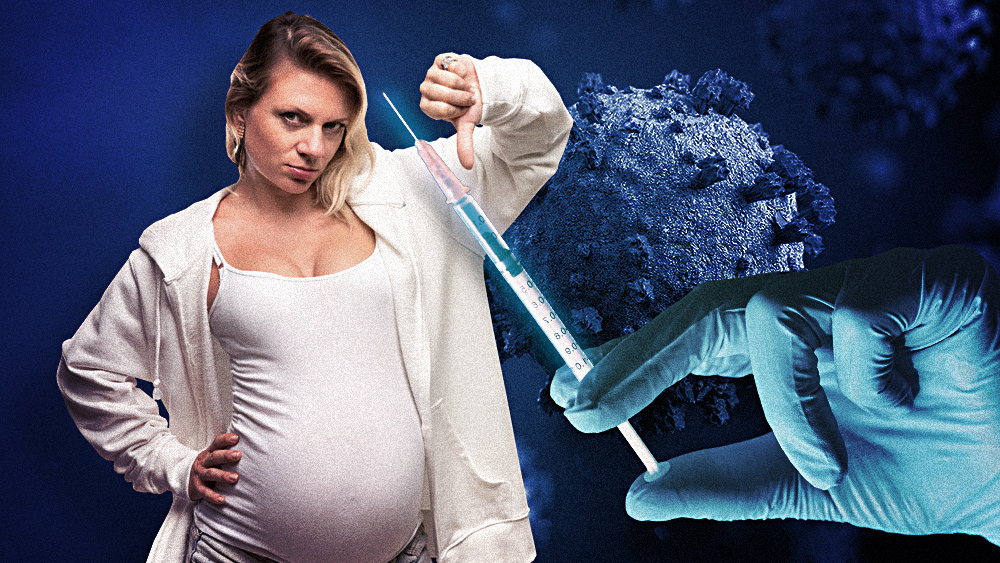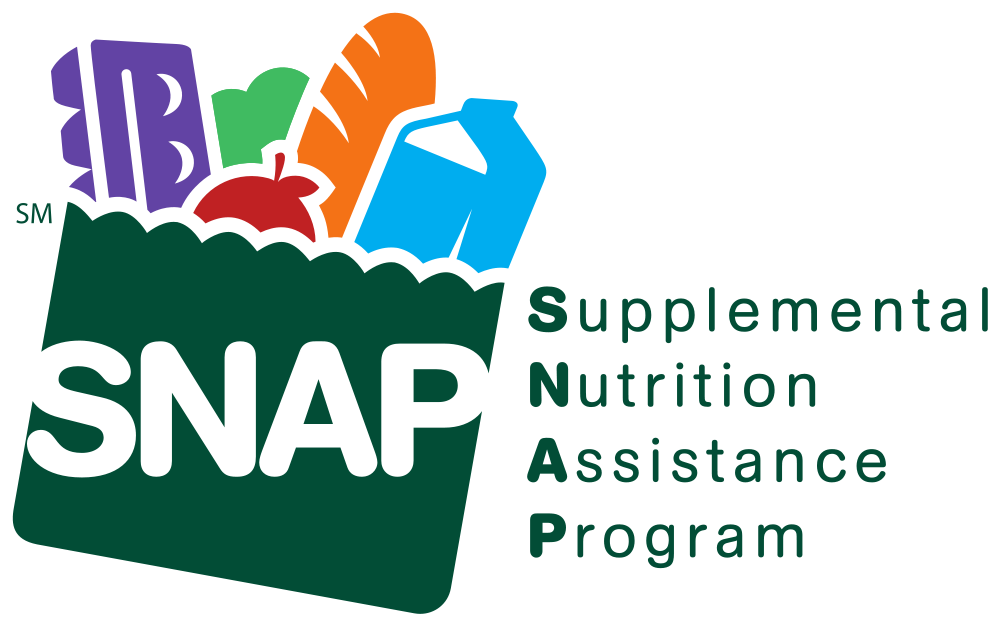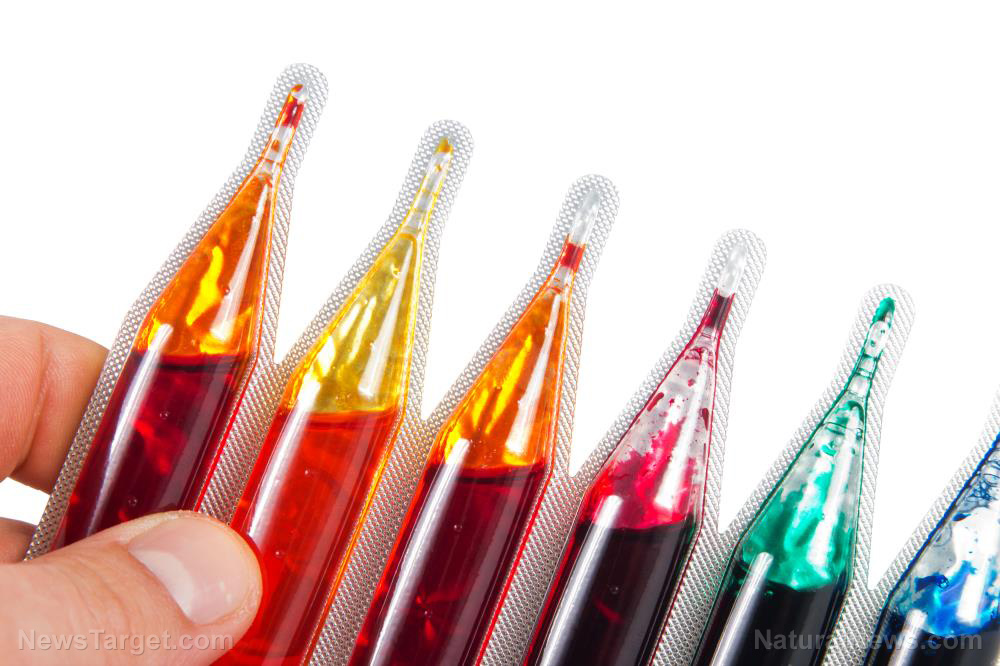
- Girls in Western nations now start puberty earlier, with first periods averaging age 12 compared to 17 in the 1850s, raising long-term health risks.
- A new study links inflammatory diets high in processed meats and sugar to earlier puberty, while anti-inflammatory foods delay it, regardless of body weight.
- Early puberty increases risks of breast cancer, heart disease, and mental health issues due to prolonged hormone exposure and metabolic changes.
- Parents can help by prioritizing whole foods, limiting processed items, and involving kids in meal prep to foster healthier eating habits.
- The food industry’s reliance on inflammatory ingredients demands policy changes to protect children’s hormonal health and reduce early puberty rates.
For decades, scientists have tracked a troubling trend: Girls are starting puberty earlier than ever before. In Western nations, the average age of a girl’s first period has plummeted from 17 in the 1850s to just 12 today. Now, groundbreaking research reveals that diet, and specifically whether a child’s meals fuel inflammation, may play a critical role in this shift, with lifelong consequences for health.
A new study published in Human Reproduction analyzed the diets of over 7,500 girls aged 9 to 14 and found that those eating anti-inflammatory, nutrient-dense foods started menstruation later than peers consuming processed meats, sugary drinks, and refined grains. The implications are significant. Early puberty isn’t just a developmental milestone; it’s linked to higher risks of breast cancer, obesity, diabetes, and heart disease in adulthood.
The inflammation connection
The study, led by Dr. Holly Harris of the Fred Hutchinson Cancer Center, used two dietary scoring systems: the Alternative Healthy Eating Index (AHEI), which prioritizes vegetables, legumes, and whole grains, and the Empirical Dietary Inflammation Pattern (EDIP), which flags pro-inflammatory foods like red meat and soda. Girls with the healthiest AHEI scores were 8% less likely to start menstruating within the next month, while those with the most inflammatory EDIP diets faced a 15% higher risk.
Crucially, these effects were independent of body weight. This challenges the long-held assumption that childhood obesity alone drives early puberty. Instead, hormonal disruptions from poor nutrition, such as elevated estrogen from inflammatory diets, could be a key trigger.
The lifelong risks of early puberty
Historical data from the World Health Organization underscores the severity of the trend. In 1850, girls typically got their first period at 17; today, it’s around age 12. This decline correlates with rising rates of processed food consumption and environmental toxins. Early menstruation isn’t merely inconvenient; it’s a biomarker for chronic disease. Research ties it to:
- Breast cancer: Prolonged exposure to estrogen (from earlier cycles) increases risk.
- Cardiovascular disease: Early puberty alters metabolic pathways.
- Mental health struggles: Adolescents with early periods face higher rates of depression and anxiety.
What can parents do?
While genetics and environmental toxins (like endocrine-disrupting chemicals in plastics) play a role, diet is a modifiable factor. Jennifer Pallian, a registered dietitian, advises involving kids in meal preparation: “When children have a hand in growing or preparing food, they’re often more excited to try it.” Key strategies include:
- Prioritizing colorful fruits, vegetables, and omega-3-rich fish.
- Limiting processed meats and sugary beverages.
- Avoiding restrictive food rules, which can backfire.
The study’s limitations, like its reliance on self-reported data, highlight the need for further research. Yet the message is clear: Ultra-processed diets, amplified by lax school lunch standards and aggressive food marketing, are hijacking children’s hormonal health.
Even swapping even some processed snacks for whole foods can help. “It’s never too late to promote the healthier habits,” says pediatric endocrinologist Dr. Rachel Whooten. In a world where puberty starts earlier with each generation, the power to intervene lies not just in medicine, but on our plates.
The food industry’s reliance on inflammatory ingredients, from growth hormone-laced dairy to pesticide-laden grains, has created a silent epidemic. But as science uncovers diet’s role in puberty timing, families and policymakers alike must demand cleaner, nutrient-rich food systems. The future of our daughters’ health depends on it.
Sources for this article include:
Please contact us for more information.



















